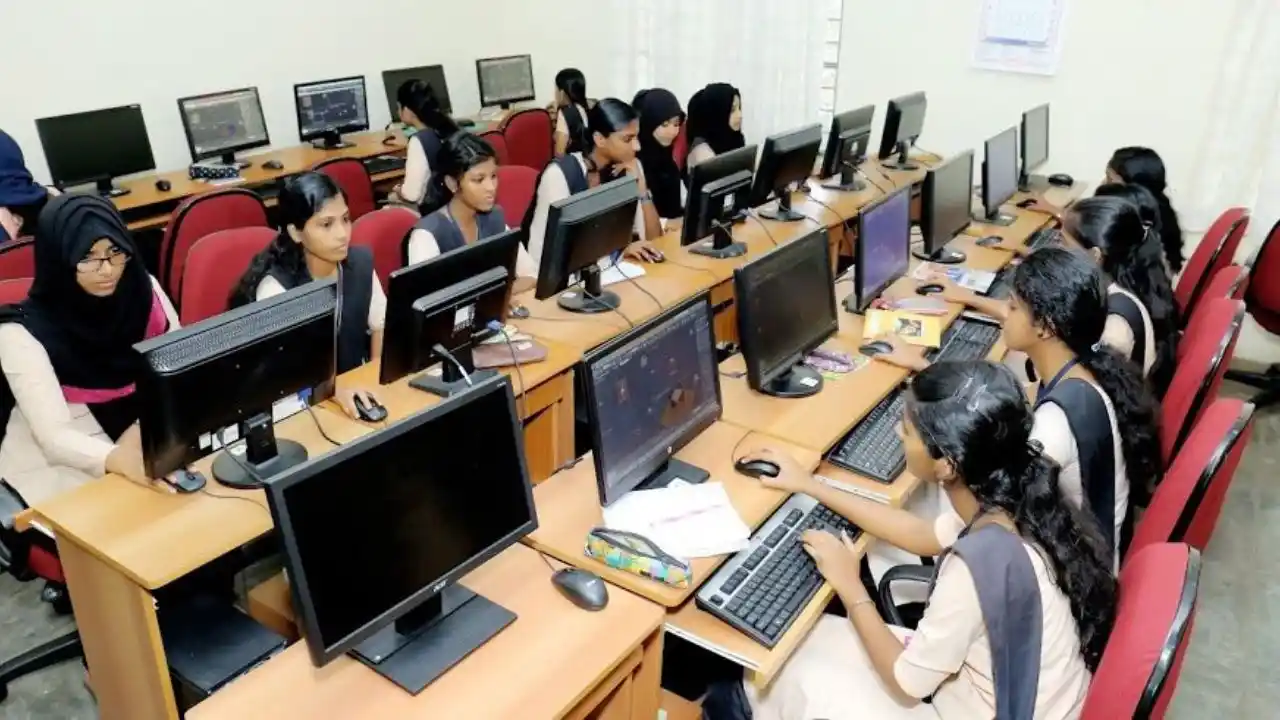The academic environment at Government Women’s Polytechnic College embraces structure and discipline, so there can be a strict adherence to curricula on time. To smoothen the working order and ensure steady progress throughout the semester, the college does maintain an academic calendar comprising important dates, activities to be undertaken, and academic targets. For the July-December 2016 session, this calendar was very much like a compass to the students and faculty, charting the course for teaching, evaluation, and college happenings.
The Academic Calendar: An Outline of Academic Discipline
The academic calendar covering the July-December 2016 session gave out starting and ending dates for classes, stipulated holidays, examination timetables, and deadlines for assessments to internal staff. In openly communicating these timelines right at the beginning of a session, all the involved parties, including students and staff, could organize, prepare themselves, and tarp with institutional goals. To uphold the best interest of transparency and publicity, this calendar was subjected to be downloaded by everyone.
Progressive Tests and Sessional Exams
As per the academic calendar, progressive tests and sessional examinations were conducted periodically to judge how students were coping with the coursework. These internal examinations formed an integral part of the academic evaluation system, thus assisting both students and teachers through timely feedback on their academic performance. Usually, progressive examinations would be conducted halfway through the semester: therefore, students would have had enough time to prepare for the final exams and to know where they needed to improve.
Sessional exams were deemed more important with regards to eligibility and weightage and were held near the end of the semester; marks obtained through these, however, carried internal marks which were considered in results. Continuous assessment thus made sure that students remained dedicated to their subjects throughout the session and do not follow-up on end-of-semester exams for validation of the academic work.
Coordinated Academic Planning
This calendar came into force through the meticulous planning and coordination of different departments, faculties, and support staff. The evaluation process, which includes the syllabus completion, internal examinations, maintenance of exam results, and announcements, was all worked out under the guidance of an academic calendar to keep everybody on their toes, eliminating last-minute hustles and confusions. There was also room braiding for workshops, practical laboratories, and guest lectures in the same program for a mix of theory and practice.
Impact Student Development
By following an established timetable from the institution, a disciplined and goal-oriented learning culture was cultivated. Students benefited because they always knew what they would encounter in the days ahead and when, thus making them better prepared and academically alert. The academic calendar not only served interests of academic excellence but also promoted managing their time, being responsible, and answerable for the activities engaged in by the learners.
